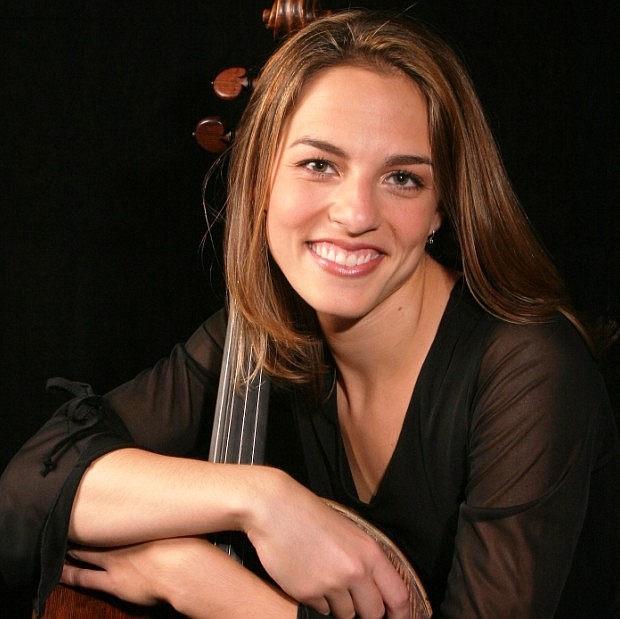- November 26, 2024
-
-
Loading

Loading

I’m starting to feel as if I’m in a time warp. Having attended the first three programs of this season’s La Musica concerts at the Opera House, I feel I should be wearing my hair in a pageboy, bobbysocks and saddle shoes on my feet and gloves on my hands. I know times have changed since the 1950s, but being at La Musica’s concerts has taken me back to the good old days of music presented for the sake of music with little heed paid to the performers or, for that matter, the audience.
So, the question is, were those really the “good old days?”
La Musica’s audiences are dwindling and, from the way the illustrious organization’s programs are made and presented, it’s understandable. Times have changed and chamber musicians have begun showing their enthusiasm and love for their subjects. That doesn’t mean dumbing-down or cutting quality at all. It means more communication with the audience; bringing listeners into the experience; playing better than ever; programming with an eye to format and an ear to invention. La Musica isn’t doing that.
All three programs presented in the first week of La Musica’s festival presented the same old, same old. The performers — all string players with the exception of pianist Derek Han — rarely infused any joy or passion into their playing so everything sounded the same. That’s not to say the performances were bad. They were just, well, blah.
And there was little attention paid to blend. Violinist Laura Zarina, for example, tends toward a more modern, straight-toned sound. It’s lovely, clear and musical. Cellist Dmitri Atapine’s sound is lush, with a warm, round vibrato. And Han’s piano is edgy and forceful. Put them together in the Brahms “Dumky” Trio and you get a performance that’s all over the place and sounds under-rehearsed.
The best and most cohesive works on the three programs were the Ravel String Quartet, in which violinists Federico Agostini and Ruth Lenz, violist Daniel Avshalomov and cellist Julie Albers seemed very much at home stylistically and musically, and Tchaikovksy’s A Minor Piano Trio with Zarina, Atapine and Han, who — still not very well blended — came across with a compelling, convincing performance.
Then, there was the programming. Boccherini’s C Minor String Trio is a bland and dusty piece that’s usually relegated to “filler” music on a radio station. Agostini, violist Bruno Giuranna and Albers couldn’t make it come alive and we couldn’t help wonder, why try?
It was somewhat interesting to hear Richard Strauss’ “Metamorphosen” in its setting for seven instruments but there’s a reason the 23-part version is more popular. And even Rossini hated his Sonata a Quattro No. 3 in C, calling it part of “ … six horrendous sonatas composed by me …” at the age of 12.
La Musica has had a wonderful reputation for good reason. It presented interestingly varied programs played by world-class performers. Today, there are too many really good, exciting chamber ensembles and festivals presenting powerful, cogent programs infused with personality and vigor. Without dumbing down anything, La Musica needs to rethink itself. Chamber music is a specialty that we don’t want to lose and there’s no reason La Musica can’t get back in the race.